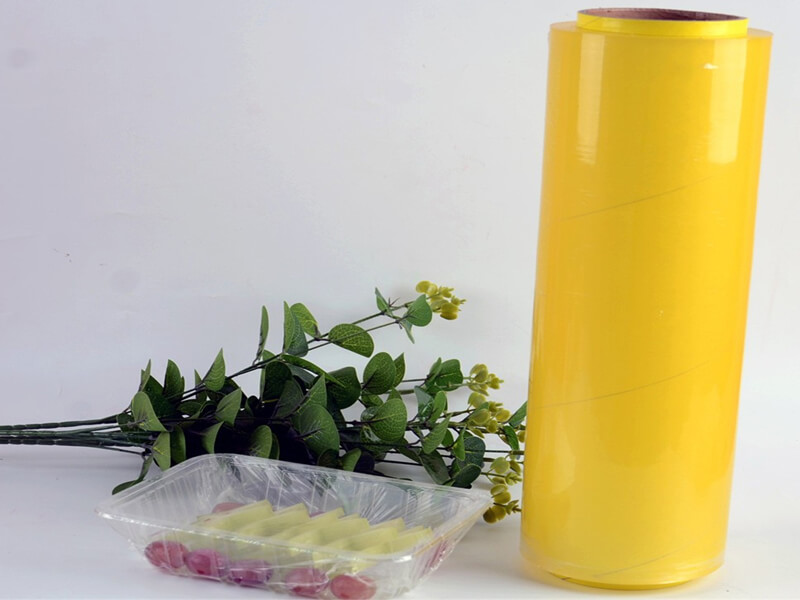Wrap food in cling film
Experiments show that 100 grams of chives wrapped with cling film, after 24 hours, the vitamin C content is 1.33 milligrams more than when it is not wrapped, and rape and lettuce leaves are 1.92 milligrams more. However, the experimental results of some vegetables are different: after storing 100 grams of radish wrapped with plastic wrap for one day, its vitamin C content decreased by 3.4 milligrams and the beans decreased by 3.8 milligrams. After a day and night of cucumber, the loss of vitamin C was equivalent to 5 apples.

Cooked food, hot food, fat-containing foods, especially meat, should not be stored in cling film. Experts pointed out that after these foods are in contact with the plastic wrap, it is easy to volatilize the chemical components contained in their materials and dissolve them into the food, which is harmful to health. Most of the cling film sold on the market is made of vinyl masterbatch as raw materials, like the commonly used plastic bags. Some cling film materials are polyethylene. This material does not contain plasticizers and is relatively safe to use; some materials are polyvinyl chloride. This material is often added with stabilizers, lubricants and other raw materials, which is harmful to the human body. The PVC cling film produced by our company does not contain plasticizers. It is CE and FDA certified and can be used to package meat in supermarkets.

Those foods cannot use cling film
Watermelon: Some experts believe that watermelon preserved with cling film deteriorates faster than without cling film. Because the watermelon has some bacteria and microorganisms on the surface before it is covered with cling film. If covered with plastic wrap, the water permeability of the watermelon surface will be reduced, and the temperature inside the watermelon will slow down. It will cause these microorganisms or bacteria present on the surface of the watermelon to multiply faster, especially after the anaerobic reaction, the food will easily deteriorate.
Radish, cucumber, beans: According to the relevant experimental results, after storing 100 grams of radish wrapped with plastic wrap for one day, its vitamin C content decreased by 3.4 milligrams and the beans decreased by 3.8 milligrams. After a day and night of cucumber, the loss of vitamin C was equivalent to 5 apples. So radishes, cucumbers and beans are also very unsuitable for food preservation with plastic wrap.
Cooked food: Cooked food, hot food, fat-containing foods, especially meat, it is best not to use plastic wrap for storage. Experts pointed out that after these foods are in contact with the plastic wrap, it is easy to volatilize the chemical components contained in their materials and dissolve them into the food, which is harmful to health. Therefore, it is best to eat the cooked and meat foods once. The foods that are really uneatable can be stored in separate containers, and try not to use cling film.

The PVC cling film produced by our company does not contain plasticizers. It is CE and FDA certified and can be used to package meat in supermarkets.
Looking forward to your inquiry~
